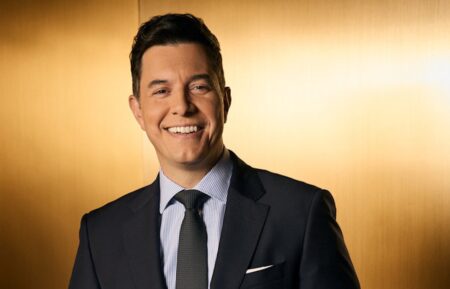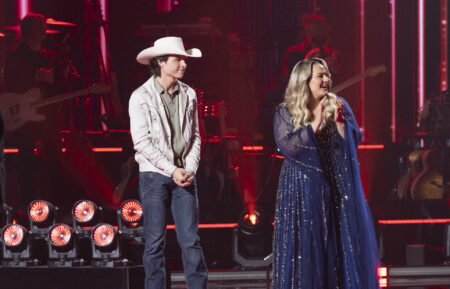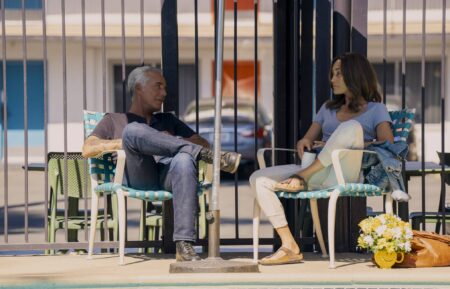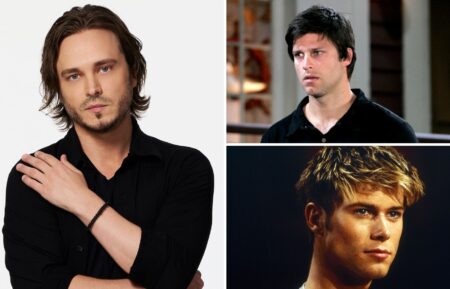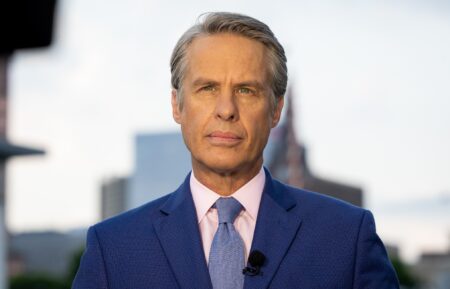Daredevil’s Subtitles (And Lack Thereof) Mean More Than Translation
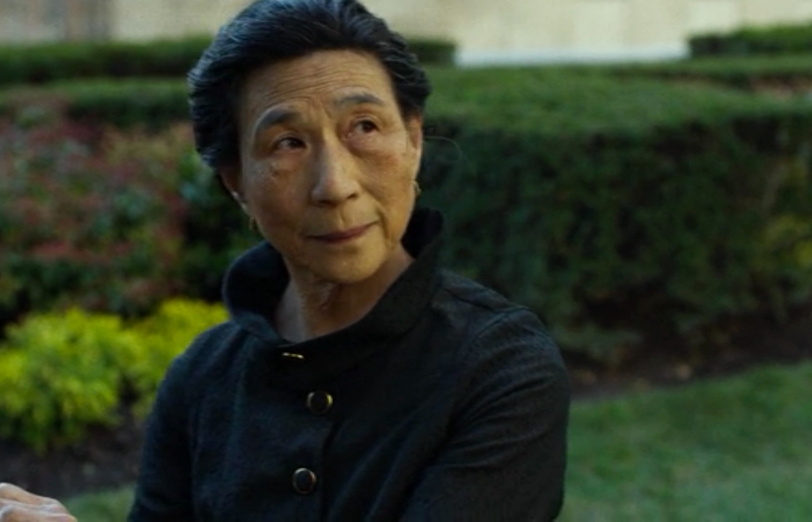
Spoilers ahead for those who haven’t finished Season 1 of Daredevil.
There’s a saying that you can hear every language on earth spoken in New York City. Shows set in the city can deal with this axiom in one of two ways: Ignore it, and just have everyone speak English, for Pete’s sake; or embrace it, and hope the audience is cool with copious subtitling.
On Netflix, Marvel’s Daredevil takes the latter approach, and is all the better for it. “I just thought it was very important for New York, and specifically Hell’s Kitchen, to have as many different languages as possible,” executive producer Steve DeKnight says. And so viewers’ ears are treated to Spanish, Russian, Japanese, and Mandarin, sometimes with subtitles, sometimes without.
When DeKnight came aboard as showrunner for the first season, he brought with him the idea of only subtitling foreign language dialogue when the only characters in the room were people who understood and spoke the language. When a listener who didn’t speak the language was present, there were to be no subtitles, even if no one else in the scene was translating. “The feeling was, ‘Well, the audience’ll get the intent,'” says DeKnight. “And I was interested in the idea that they should be put in the same position as the character.”
Thus a scene like the melee at the docks in “Stick,” with Matt Murdock (Charlie Cox) and mentor Stick (Scott Glenn) on one side, and the Yakuza on the other. Daredevil doesn’t speak Japanese, and so the Yakuza soldiers yelling orders go unsubtitled. There are still snippets of inconsequential foreign dialogue that don’t get subtitles when outsiders aren’t present, but as DeKnight says: You get the gist.
Using languages other than English provides important character beats, too. A Spanish-speaking tenant comes into Nelson & Murdock, looking for help dealing with her scuzzbucket landlord. Karen (Deborah Ann Woll) begins translating, and when she encounters some trouble, Matt, who’s more fluent, steps in. And yet, rather than embarrass Karen, he tells her to continue as interpreter—he likes the sound of her voice. Matt Murdock: Smooth operator.
Most scenes with kingpin Wilson Fisk (Vincent D’Onofrio) and his xenolingual cabal-mates are translated verbally by Fisk’s right-hand man, James Wesley (Toby Leonard Moore), which makes the reveal that Fisk is merely playing dumb (he actually speaks both Mandarin and Japanese) all the more illuminating.It makes perfect sense for a sharp player like Fisk, for whom discretion is one of the highest virtues, to shroud himself in as much mystery as possible, and the revelation adds another layer to a guy who is, by mere appearances, a thick-necked brute. (The even sharper Madame Gao, of course, knew his secret long ago.) The idea, by the way, came from D’Onofrio himself, according to DeKnight. “He calls me up and says, ‘Wouldn’t it be cool if he just isn’t letting on?'” D’Onofrio only had a few days to make his Mandarin sing, but it was a concept too cool, and the scenes too vital to the story, to discard over an imperfect accent.
DeKnight acknowledges that while the multilingual concept is authentic, some of the speakers are less than fluent. “I would rather cast the best actor, and I would rather have actors attempt to speak the foreign language than not put it into the show,” he says. “It’s a balance.”
The balancing act extended to translations themselves. Wai Ching Ho, who plays Madame Gao, pointed out to DeKnight that a particular line—”I didn’t come to pluck flowers from a thicket of thorns”—wouldn’t be phrased that way in Mandarin. Unfortunately, the truer-to-Mandarin version didn’t quite match up with what DeKnight and the writers wanted to convey, and so the resulting line sounds a little off, to those in the know. “It was a very interesting give and take,” he says.
While some networks might fear that going polyglot would cost them the audience, Netflix and Marvel offered no resistance. “To be able to have an entire four-page scene in another language in the middle of the show?” DeKnight says incredulously. “It was great, because it just felt like, ‘Okay, at the end of the day, this is cool, and we’ll assume the audience can follow along.'” All the way to the end of Season 1, and now, on to Season 2.



